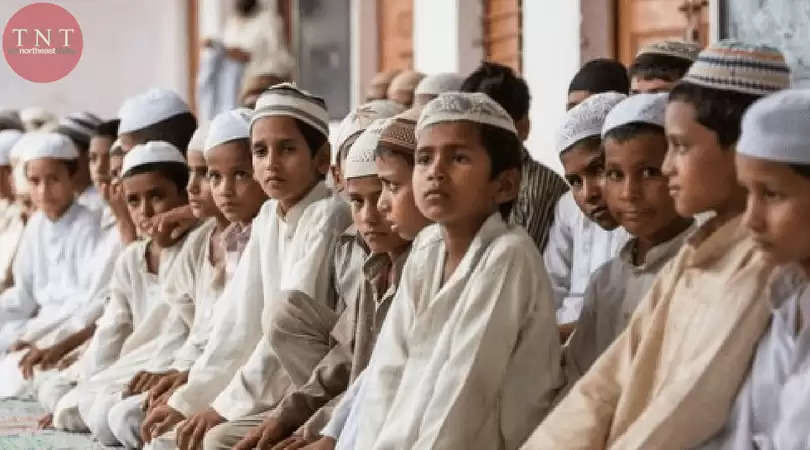GUWAHATI, June 9, 2018 (TNN): 121-year old Islamic seminary -Darul Uloom Banskandi in Barak Valley's Cachar district, has made it mandatory for students seeking admission to the institution in the current academic session to provide family legacy documents up to the year 1971.
The move comes against the backdrop of an uproar over the citizenship bill and the ongoing process of updating the National Register of Citizens (NRC). Voter identity cards have also been sought for students aged 18 or above.
The decision was taken last month by the governing body of Darul Uloom to clear "suspicion" about madrassas admitting illegal migrants and to ward off charges that these centres are breeding grounds for jihadi activities.
"Our step is to clear all suspicion regarding madrassas. By making the legacy data up to 1971 mandatory for seeking admission to Darul Uloom, we want to demonstrate that only genuine Indian citizens study in our seminary," the seminary chairman, Maulana Mohammad Yahya, said.
By making family legacy documents mandatory, the seminary has followed the NRC update criteria. The NRC of 1951 is being updated based on March 24, 1971 as a cut-off date to identify "foreigners" in the state. Submission of legacy data is mandatory to establish the linkage of their family members before 1971.
A mohaddis (professor) at Darul Uloom Banskandi, Hamid Ahmed, said once legacy documents are submitted there would be no room for suspicion about the activities of madrassas and the citizenship of students. "As far as Darul Uloom is concerned, it is one of the oldest Islamic seminaries. It imparts education not only on Islam, but also teaches students to become responsible citizens. However, suspicion about these centres persists in the hearts of many. With this step we want to demonstrate that genuine Indian citizens study in our seminary, and that they also love their country," Ahmed maintained.
Featured image: The Black Homeschool


















